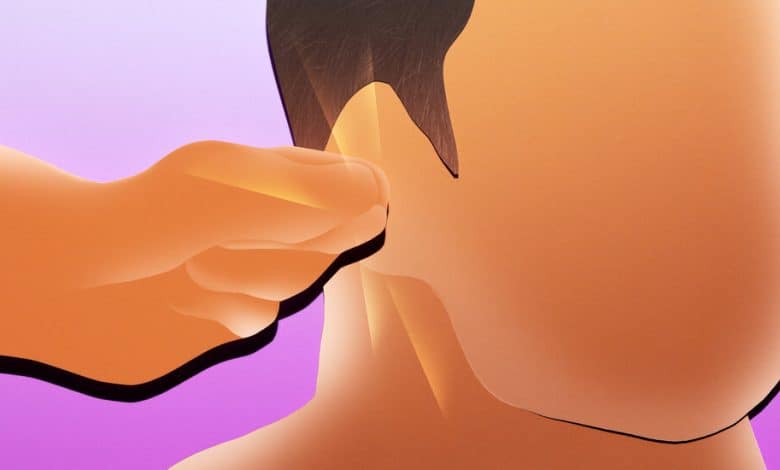He Had Severe Heartburn. Could His Trouble With Balance Be Related?

“We were thinking about going bowling with the kids tomorrow,” the woman told her 43-year-old brother as they settled into their accustomed spots in the living room of their mother’s home in Chicago. It was late — nearly midnight — and he had arrived from Michigan to spend the days between Christmas and New Year’s with this part of his family. She and her husband and her brother grew up together and spent many late nights laughing and talking. She knew her brother was passionate about bowling. He had spent almost every day in his local alley two summers ago. So she was taken by surprise when he answered, “I can’t do that anymore.”
Certainly, her brother had had a tough year. It seemed to start with his terrible heartburn. For most of his life, he had what he described as run-of-the-mill heartburn, usually triggered by eating late at night, and he would have to take a couple of antacid tablets. But that year his heartburn went ballistic. His mouth always tasted like metal. And the reflux of food back up the esophagus would get so bad that it would make him vomit. Nothing seemed to help. He quit drinking coffee. Quit drinking alcohol. Stopped eating spicy foods. He told his doctor, who started him on a medication known as a proton pump inhibitor (P.P.I.) to reduce the acid or excess protons his stomach made. That pill provided relief from the burning pain. But he still had the metallic taste in his mouth, still felt sick after eating. He still vomited several times a week. When he discovered that he wouldn’t throw up when he drank smoothies, he almost completely gave up solid foods.
When he was still feeling awful after weeks on the P.P.I., his gastroenterologist used a tiny camera to take a look at his esophagus. His stomach looked fine, but the region where the esophagus entered the stomach was a mess. Normally the swallowing tube ends with a tight sphincter that stays closed to protect delicate tissue from the harsh acid of the stomach. It opens when swallowing, to let the food pass. But his swallowing tube was wide open and the tissue around the sphincter was red and swollen. He had, he was told, something called Barrett’s esophagus — a precancerous condition — caused by the injury done by the stomach acid. He was put on higher doses of the P.P.I. Even that wasn’t enough. So the day after Thanksgiving, he had surgery to prevent that reflux of acid up his throat. And it worked — mostly. The vomiting stopped. He could eat solid foods. But the metallic taste and the nausea were still there.
The patient restarted the P.P.I., and that helped a little. But he had what he thought were side effects: He felt off-balance and uncoordinated. It was better on the lower dose, he told his sister. But he still felt too unstable to go bowling.
His sister, a neurologist, knew some of this medical back story, but her brother was not much of a complainer. Besides, for the past year or so, many of their conversations had to do with his and his wife’s efforts to have a baby. They were trying in vitro fertilization, and that had been tough for both of them. Now, hearing that her brother’s balance was off, she was worried. She asked him something that, until that night, she could not have imagined asking: “May I examine you?”
We are having trouble retrieving the article content.
Please enable JavaScript in your browser settings.
Thank you for your patience while we verify access. If you are in Reader mode please exit and log into your Times account, or subscribe for all of The Times.
Thank you for your patience while we verify access.
Already a subscriber? Log in.
Want all of The Times? Subscribe.
